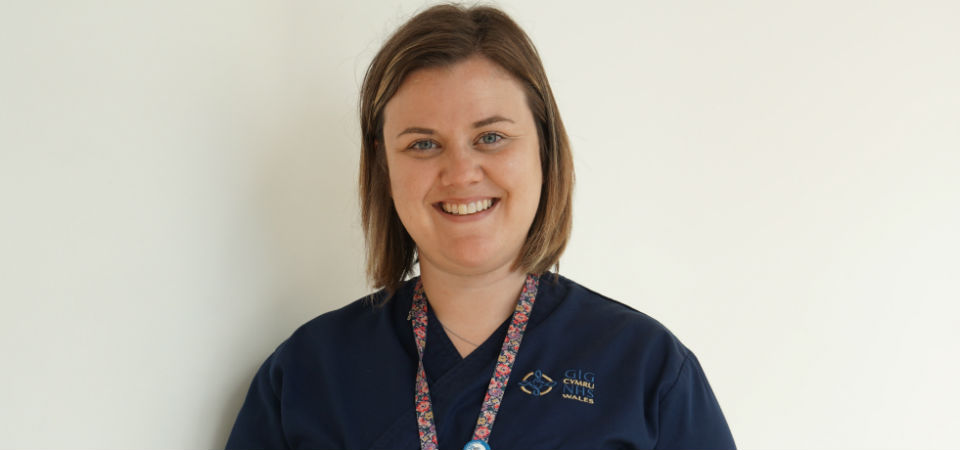Talk about organ donation: Sarah Crosby
Dealing in life and death – What it’s like to ask a grieving family for their loved ones’ organs.

With a highly specific and complex role, often, Specialist Nurses in Organ Donation are often seen as one of the most important people in the final stages of life with one of the hardest jobs – asking the question no family member wants to be asked.
Sarah said:
“Day-to-day I care for families who are in the mourning process or those who are coming to terms with losing someone, and try to give them as much information and support as possible in order for them to make an informed decision on organ donation.”
“Although people think our focus is the individual and their decision on organ donation, our work is mainly focused on the families of the bereaved. We help them to explore their loved ones’ decision, so that they’re able to honour it when the time comes.”
“To bring up the subject of organ donation, we need to be confident that the family are in acceptance or are coming to terms with accepting death. If a family is having trouble coming to terms with the situation, it’s down to us as a team to work with them and do all that we can to help them understand the situation.”
“We often get asked ‘I thought the law meant that I was automatically on the register’. Well, if you are a registered donor, your family will be asked whether they are aware of your decision, and if they support that decision. If you have not registered a decision to opt-in it or opt-out, you will be deemed as having no objection to organ donation, unless your family know otherwise.”
“If your family recall having the chat, and know your decision about organ donation, they will be asked on your behalf.”
“I’ve seen first-hand that when families know their loved ones’ decision, when it comes down to having that conversation with us in the hospital, it is easier for them to deal with. Unfortunately, in our roles we are often working with families who are dealing with unexpected loss - either a child, partner or sibling - and so although we need to give the best advice, we also need to understand the grief and distress that these families are experiencing.”
“I know it’s easy for me to say, as it’s my job and I see it happen on a weekly basis but honouring your loved ones’ decision on organ donation can give you a huge sense of comfort in knowing that your husband, wife, son or daughter is able to give the ultimate gift- the gift of life.”
“What we’ve found in the past is that if the family are unaware of the decision, the conversation about organ donation takes places for the first time at a very upsetting time. This is when we see people making decisions based on emotions and not what is best for their loves ones.”
“My advice would be to be clear, be honest and make your decision known to all key members in your life so that your choice is respected. And then make sure you know what your family want too.”
Your organ donation decision shouldn’t be a guessing game
Make a decision, register it, tell your family.
